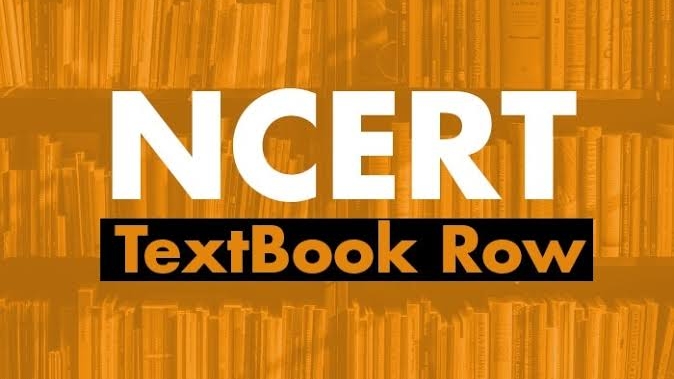Cleric Objects To Removal of Babri Masjid Chapter in NCERT Books

Bareilly (UP), June 18 – Maulana Mufti Shahabuddin Razvi Barelvi, the National President of All India Muslim Jamaat, has voiced strong objections to the removal of chapters on the Babri Masjid and Gujarat riots from the Class 12 NCERT textbooks. He condemned the changes, stating that they amount to historical tampering, which he finds regrettable.
The cleric highlighted that this is not the first instance of significant historical content being excised from educational materials. Previously, chapters on Mughal emperors and the rise of Islam were also removed from the NCERT curriculum, sparking similar concerns among historians and educators.
In his statement, Maulana Razvi argued that these actions suggest a deliberate attempt by those on the NCERT board to erase Muslim contributions and history. He accused the board of promoting a specific ideology and warned that such efforts to rewrite history are unlikely to succeed in the long run.
“History is history,” the Maulana asserted. “The more you try to suppress it, the more it will resurface. Those who attempt to obscure or distort history have never succeeded. Current historians aiming to craft a new narrative based on contemporary ideologies will ultimately fail.”
The NCERT’s recent changes to the Class 12 Political Science textbook have been contentious. The revised edition notably omits the term “Babri Masjid,” instead describing it as a “three-domed structure.” Additionally, the chapter on Ayodhya has been significantly shortened from four pages to two, among other alterations.
Responding to the criticism, NCERT Director Dinesh Prasad Saklani denied any ideological bias in the textbook revisions. He stated, “We don’t follow any ideology when we publish books. Experts have done what they thought was fit for the syllabus.”
When questioned about the specific removal of references to the Babri Masjid, Saklani explained that the updates reflect recent developments in the matter. “We have gone with what the latest update on that matter is. Subject experts have deliberated and brought out the final books. The Supreme Court has now sorted out the matter and the new published excerpts show that.”
The controversy over these textbook changes underscores the broader debate about how history is presented in educational materials and the implications of omitting significant historical events. The NCERT maintains that their revisions are academically justified, while critics like Maulana Razvi argue that such omissions undermine the integrity of historical education.





